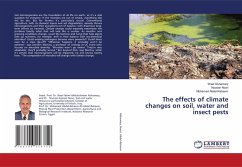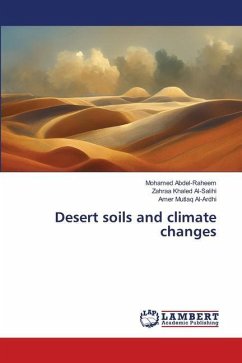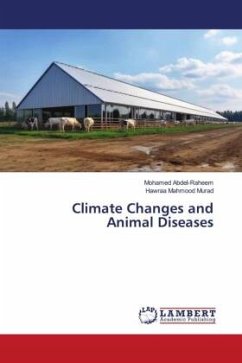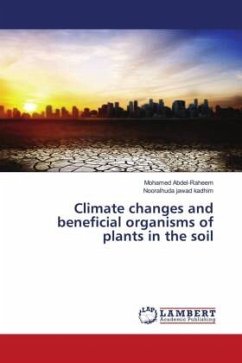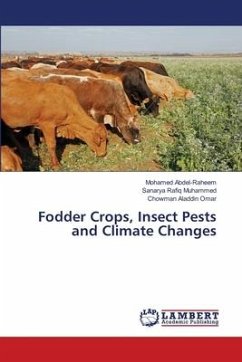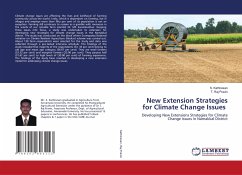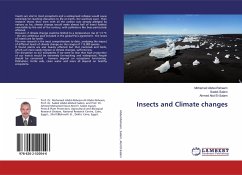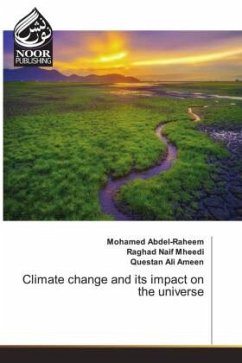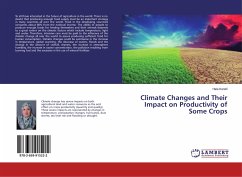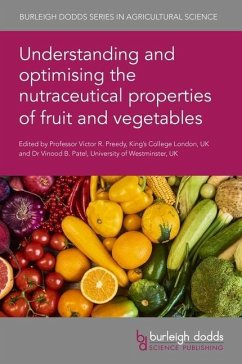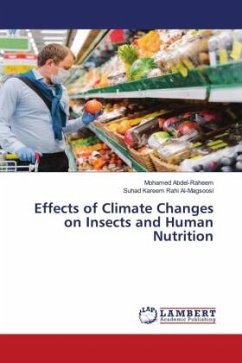
Effects of Climate Changes on Insects and Human Nutrition
Versandkostenfrei!
Versandfertig in 6-10 Tagen
56,99 €
inkl. MwSt.

PAYBACK Punkte
28 °P sammeln!
Climate change puts at risk the food supplies of people in developing and developed nations alike. Floods, droughts, more intense hurricanes, heatwaves and wildfires can drive down crop yields, destroy livestock, and interfere with the transport of food. Rising carbon dioxide levels from human activity can make staple crops like rice and wheat less nutritious.Why it matters: About 800 million people worldwide lack food. Many more have deficiencies in essential nutrients. 76% of the world's population gets most of its daily nutrients from plants-yet climate change is already causing droughts an...
Climate change puts at risk the food supplies of people in developing and developed nations alike. Floods, droughts, more intense hurricanes, heatwaves and wildfires can drive down crop yields, destroy livestock, and interfere with the transport of food. Rising carbon dioxide levels from human activity can make staple crops like rice and wheat less nutritious.Why it matters: About 800 million people worldwide lack food. Many more have deficiencies in essential nutrients. 76% of the world's population gets most of its daily nutrients from plants-yet climate change is already causing droughts and flooding that can destroy staple food crops. If extra CO2 in the atmosphere makes those crops less nutritious, it will be even harder to feed the world's growing population. The details: In most of the places where food is grown today, crop yields are likely to be lower because of more frequent heat waves, worse air pollution, floods, and droughts. When food crops like wheat, corn, rice and soy are exposed to CO2 at levels predicted for 2050, the plants lose as much as 10% of their zinc, 5% of their iron, and 8% of their protein content.



